Finnish President Alexander Stubb has pushed back against international pressure being placed specifically on India for its continued purchase of Russian energy, arguing that the blame for financing Moscow’s war efforts should be shared collectively.
In an exclusive interview with Firstpost’s Managing Editor Palki Sharma in Helsinki on Monday, President Stubb, whose country recently joined NATO due to Russian aggression, refused to condemn New Delhi’s purchasing decisions, stressing that India is an independent global actor.
Collective blame, not singling out India
President Stubb acknowledged the difficulties faced by India, which has been subject to US sanctions and tariffs for its Russian oil imports, even as other major global players, including Europe and China, have historically purchased Russian energy.
When asked by Firstpost on whether it was unfair to single out India for punitive tariffs, Stubb responded by broadening the scope of responsibility.
“I won’t take issue with that because this is a decision that India does all by itself. It’s a big player, it’s an independent actor, and it decides what’s best for its foreign policy,” Stubb stated.
He added that the entire global community was responsible for the situation, not just one nation. “I’m not going to blame India. I’m going to blame all of us collectively.”
Stubb noted that interdependence, which was once meant to bring nations together through trade and energy, has now been weaponised by Russia. He stressed that without oil and gas exports, Russia would not be able to afford to conduct the war in Ukraine.
An emerging superpower with multivectoral policy
President Stubb positioned India’s complex foreign policy as a necessity for an emerging global power, expressing deep admiration for New Delhi’s approach.
“You might know that I’m a great admirer of India and I think India will be our next superpower, you know, right up there with the United States and with China,” Stubb said.
Impact Shorts
More ShortsHe supported India’s need for a “multi vectorial foreign policy,” which requires maintaining good relations with the United States, Russia, the European Union, and China.


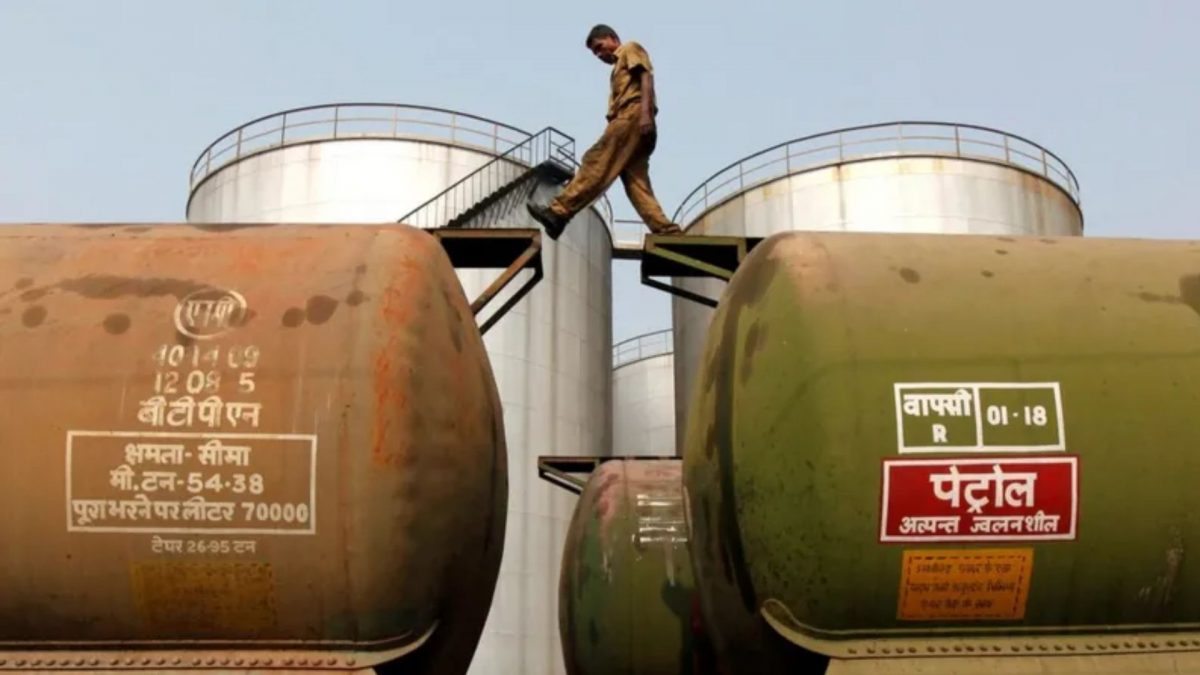)
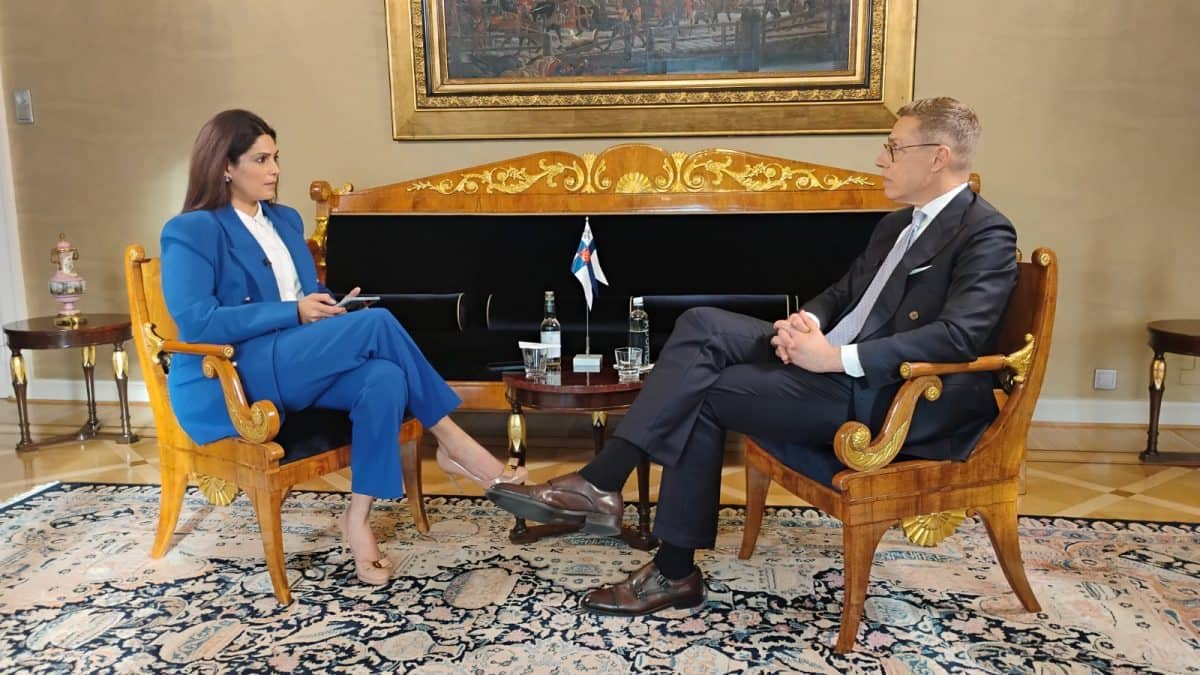
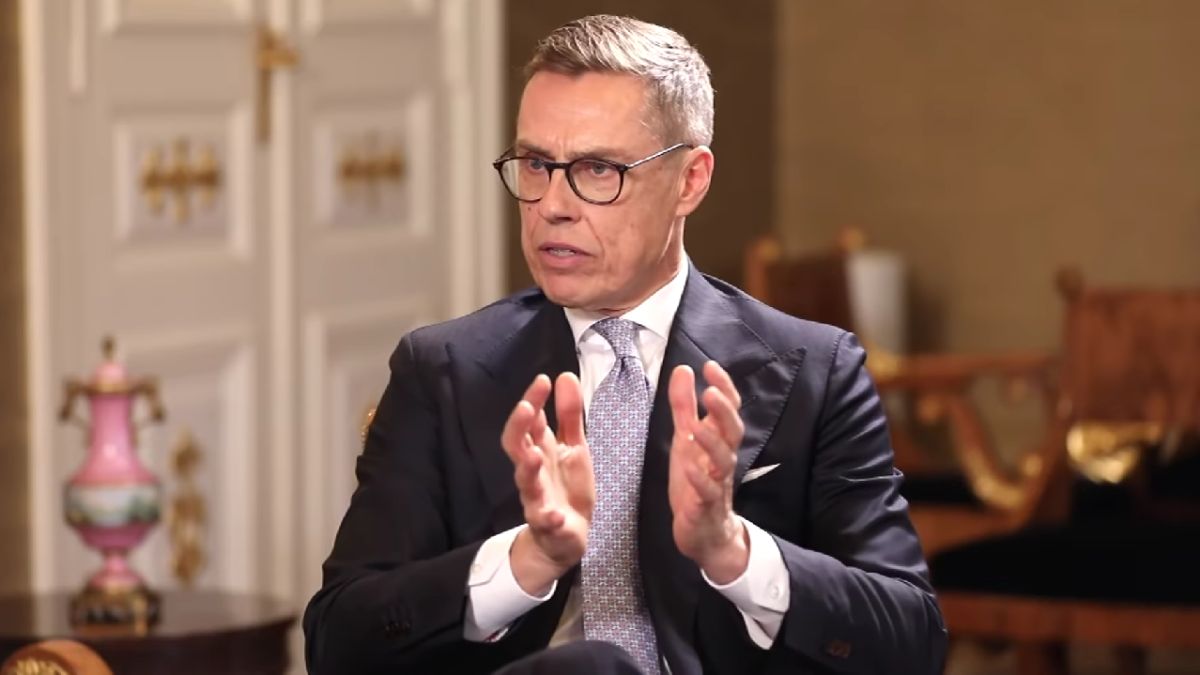)
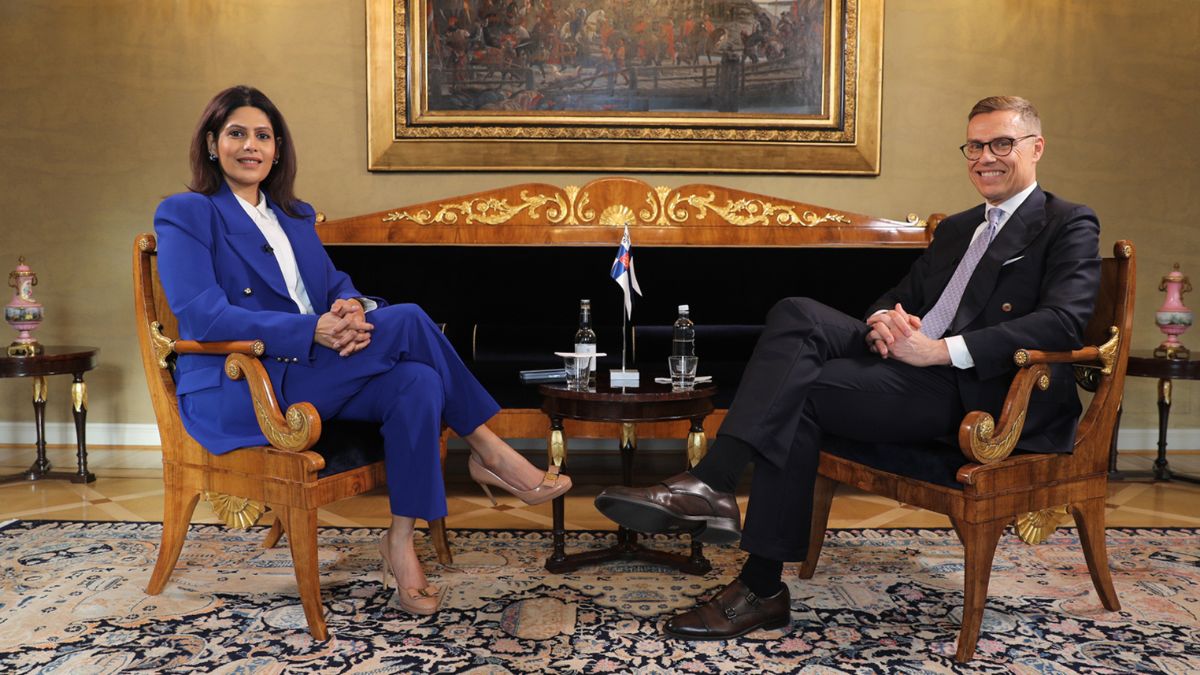)
)
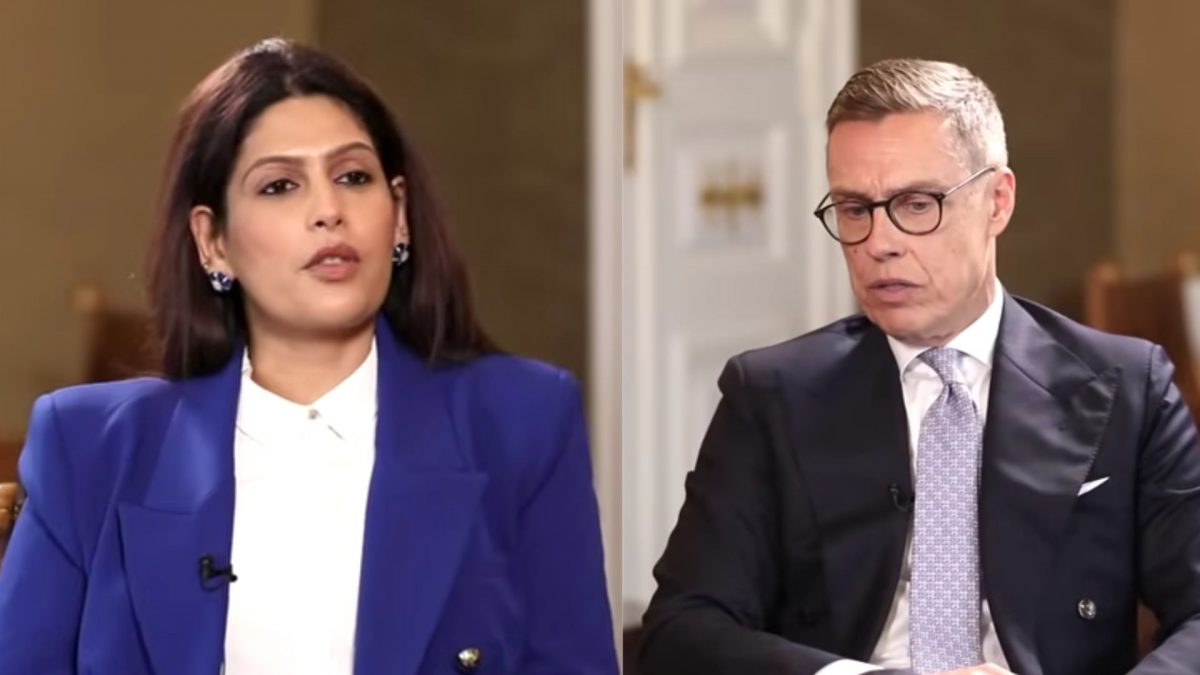)
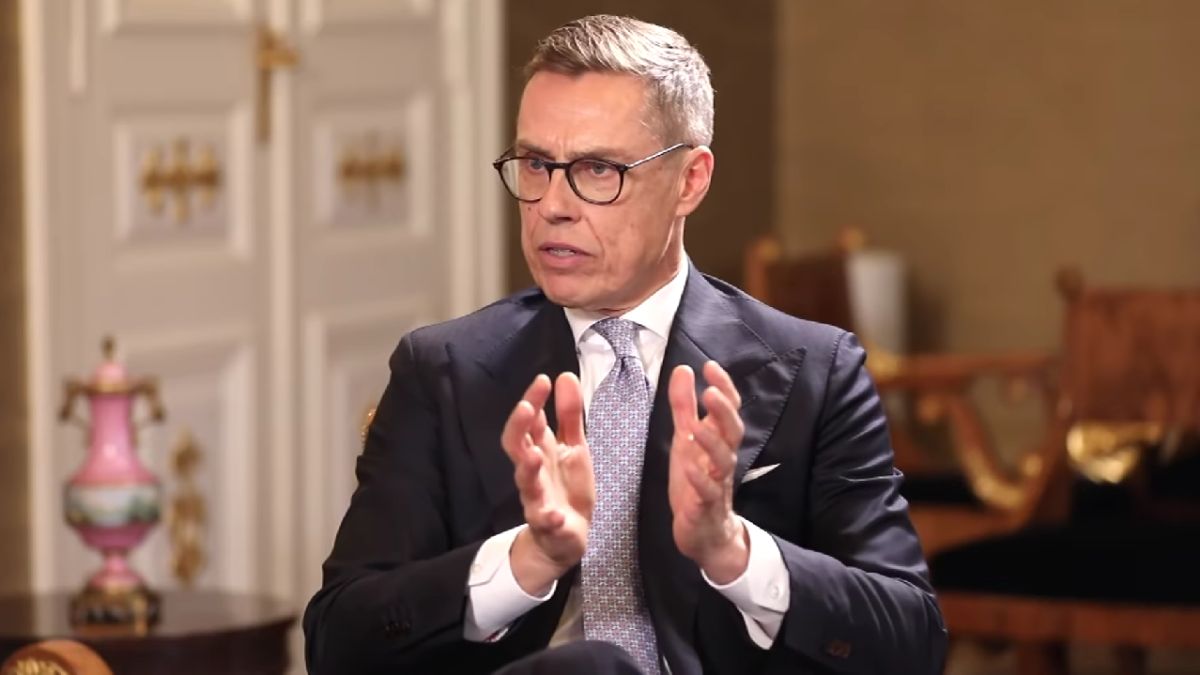)
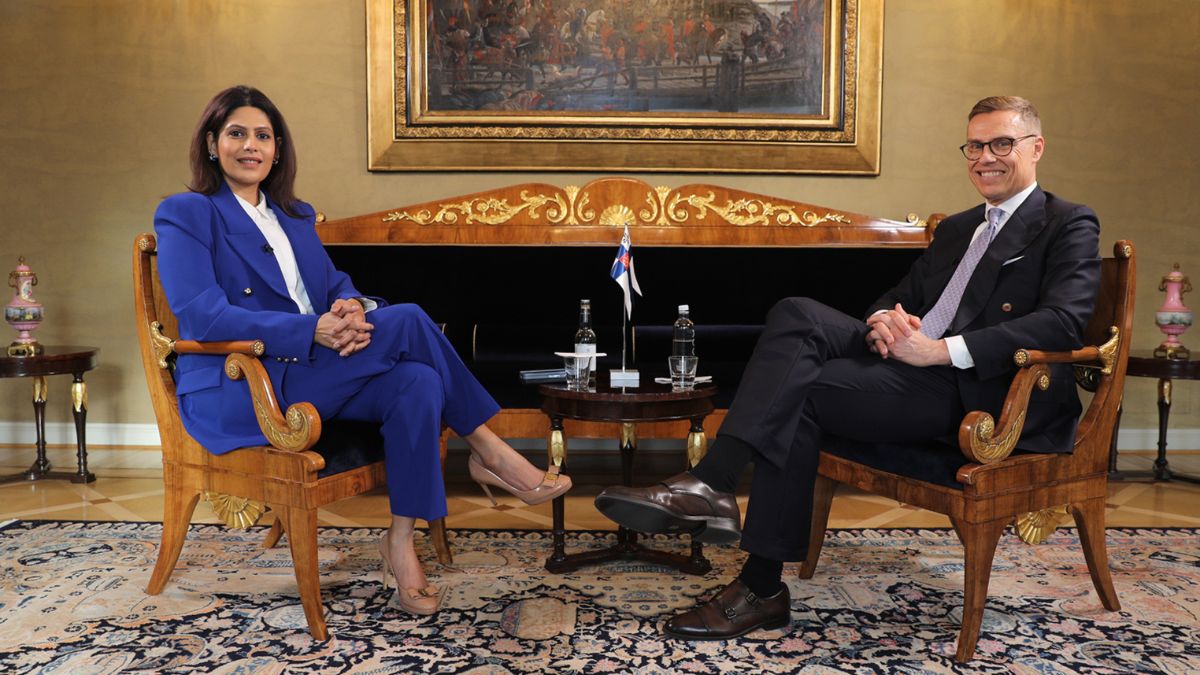)
)
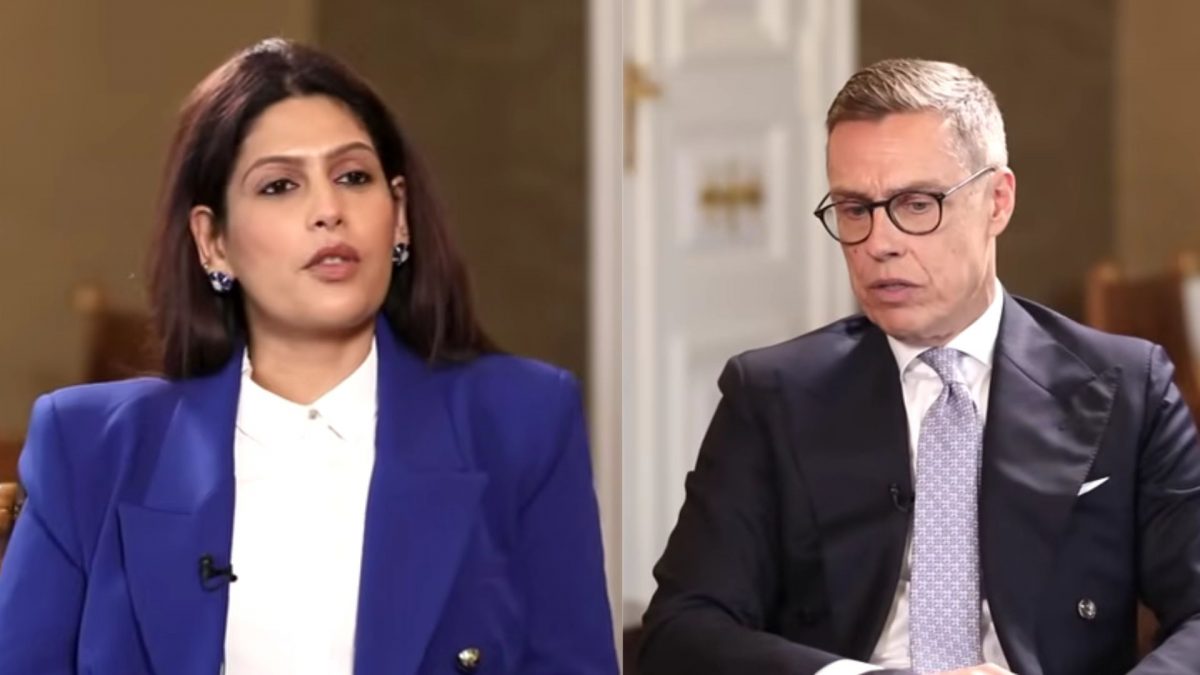)



